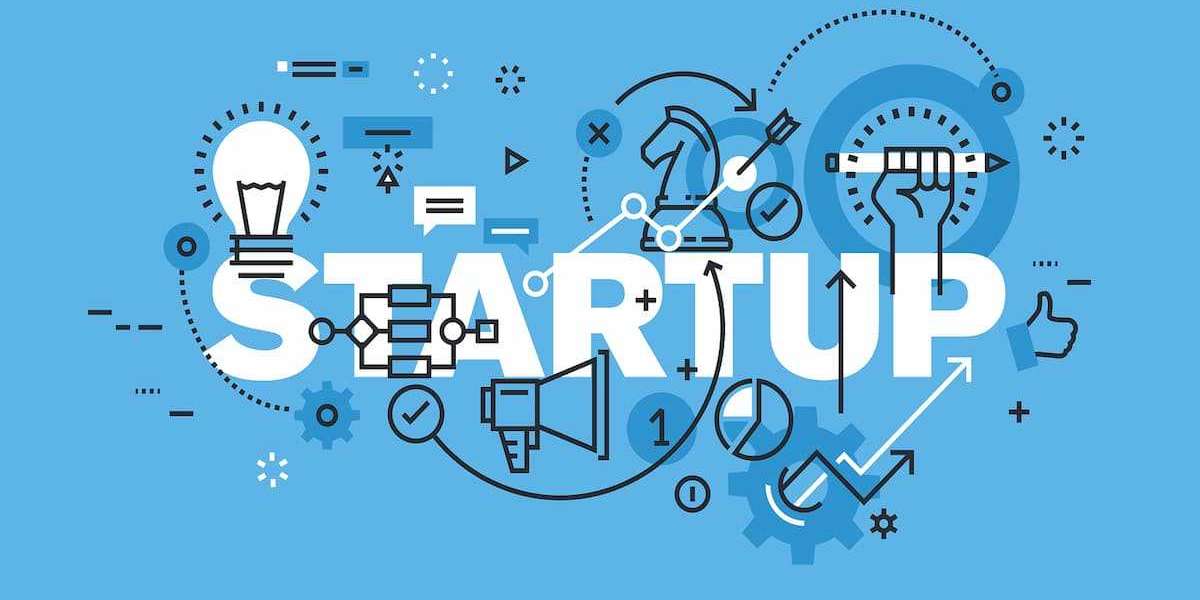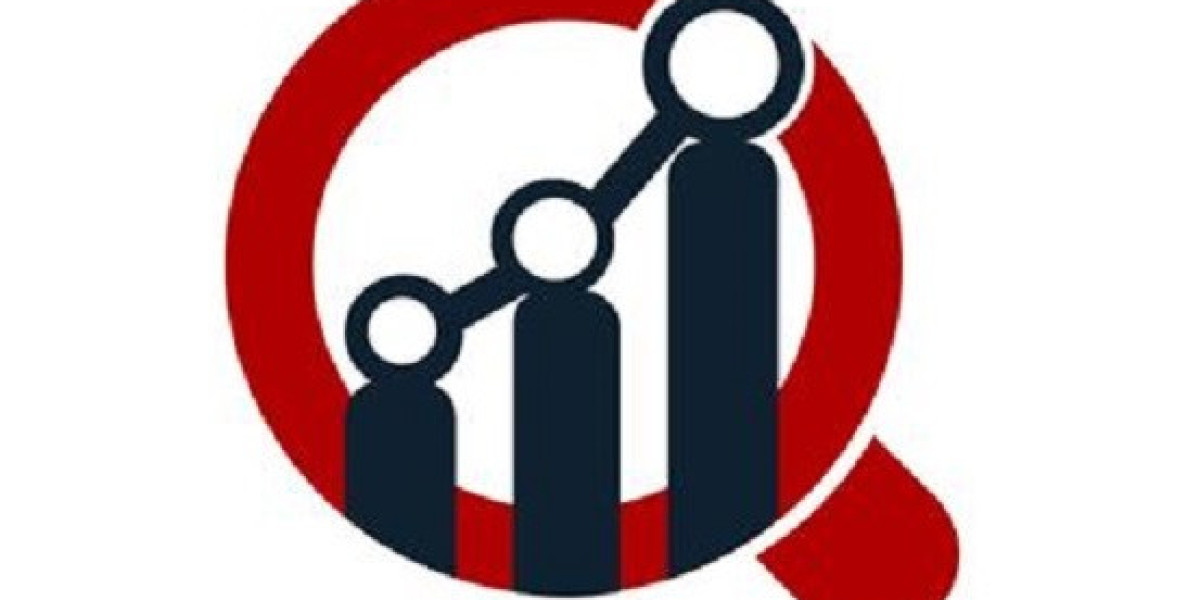The global Automotive Performance Tuning and Engine Remapping Services Market is on track for sustained expansion, forecast to grow from USD 651.7 million in 2025 to USD 1,208.1 million by 2035, registering a compound annual growth rate (CAGR) of 6.4%. According to recent analysis, the market's upward trajectory is fueled by consumer interest in engine efficiency, enhanced vehicle performance, and fuel optimization, alongside the growing integration of digital tuning technologies and hybrid vehicle applications.
Dynamic Market Outlook: Moderate Peaks, Steady Momentum
Between 2025 and 2035, the market will witness moderate peaks and troughs, aligning with automotive sales cycles, seasonal upgrades, and new model launches. Early phases (2025-2030) will experience modest surges corresponding to increased vehicle sales and aftermarket promotions, while later years (2030-2035) are expected to see sharper peaks - driven by advancements in engine control systems and the mainstream adoption of hybrid and electric performance tuning.
Despite these cyclical fluctuations, analysts expect the market to maintain a consistent upward trajectory, with incremental growth cycles ensuring stable expansion and a rising baseline of demand across both passenger and commercial segments.
Get access to comprehensive data tables and detailed market insights - request your sample report today!
https://www.futuremarketinsights.com/reports/sample/rep-gb-6443
Market Fundamentals and Segment Insights
The OEM segment continues to dominate, capturing nearly 70% of total market share, thanks to established partnerships with global automakers and embedded tuning capabilities during vehicle production. Meanwhile, the aftermarket segment-which holds the remaining 30%-is rapidly expanding as car owners increasingly seek personalized performance enhancements and software-based optimization services.
By vehicle type, passenger vehicles remain the primary growth driver, advancing at a 6.6% CAGR, driven by an expanding automotive enthusiast community and increasing consumer awareness of affordable ECU tuning benefits. The hybrid vehicle segment represents the fastest-growing category, advancing at 7.2% CAGR, as hybrid owners pursue greater efficiency-performance balance through sophisticated control software.
Performance Tuning Meets Electrification
The market's transformation is being reshaped by electrification trends and eco-performance solutions. Stage 1 tuning-focused on optimizing factory-set engine parameters without hardware changes-is now the most popular service due to its cost-effectiveness and compliance with emission standards.
Hybrid tuning services are rapidly gaining traction as vehicle electrification accelerates. These offerings enhance coordination between electric motors and internal combustion engines, improving energy efficiency while maintaining performance. Advanced tuning solutions now target plug-in hybrid systems, battery management optimization, and regenerative braking recalibration-marking a new era of software-defined performance.
Regional Growth Snapshot: USA and Europe Lead, APAC Accelerates
Regionally, the United States leads with a 6.9% CAGR, driven by a deep-rooted automotive enthusiast culture, robust tuning infrastructure, and expanding demand for EPA-compliant remapping solutions across performance, truck, and muscle car segments.
The European Union, particularly Germany and Italy (6.1% and 6.0% CAGR, respectively), remains a stronghold for performance tuning, supported by a rich heritage in automotive engineering and consumer preference for diesel and luxury vehicle optimization. Germany continues to lead in diesel tuning innovation and Euro 6-compliant performance enhancements.
Asia-Pacific markets, notably South Korea (5.7%), Japan (5.1%), and the United Kingdom (5.4%), are witnessing growing adoption of advanced ECU remapping services, propelled by increasing disposable income, urban performance cultures, and the proliferation of connected vehicle technologies. Saudi Arabia also shows rising interest in tuning solutions tailored to high-performance vehicles in hot climates, supported by a growing luxury car market and motorsport enthusiasm.
Technology and Opportunity Pathways
The convergence of vehicle connectivity, data analytics, and digital ECU remapping is redefining service delivery. Remote tuning platforms, cloud-based software integration, and mobile flash programming allow service providers to reach broader audiences without physical shop constraints.
Key opportunity pathways include:
Passenger Vehicle Dominance (USD 680-750 million revenue pool): Mainstream adoption among enthusiasts and daily drivers seeking reliable, reversible tuning with measurable power gains.
Hybrid Vehicle Leadership (USD 180-220 million opportunity): Rapid growth in eco-conscious performance optimization.
U.S. Market Acceleration (USD 280-340 million): Expanding network of EPA-compliant tuning providers.
Digital & Remote Tuning Platforms (USD 150-190 million): Growth through smartphone-based access and OTA (over-the-air) upgrades.
Commercial Vehicle Applications (USD 120-160 million): Fleet efficiency optimization and fuel savings.
EV Tuning Emergence (USD 80-120 million): New frontier in electric motor and battery performance customization.
Market Drivers and Challenges
Key Growth Drivers:
Performance Optimization: ECU remapping offers 15-40% power and torque gains without hardware modifications.
Vehicle Electrification: Hybrid and EV adoption fosters demand for advanced control software tuning.
Emission Compliance Flexibility: Sophisticated calibration enables performance improvements within regulatory limits.
Digital Accessibility: Mobile tuning services and online customization platforms broaden consumer reach.
Challenges:
Warranty Limitations: OEM warranty voidance concerns may deter new vehicle owners.
Regulatory Restrictions: Stringent emission laws in some markets limit modification scope.
Technical Expertise: Increasing powertrain complexity requires advanced diagnostic tools and trained specialists.
Поиск
популярные посты
-
 +20 startups de México que están innovando en el mercado latinoamericano
От Ionikon
+20 startups de México que están innovando en el mercado latinoamericano
От Ionikon -
 Ionikon: The Social Network that Connects Entrepreneurs, Professionals and Investors
Ionikon: The Social Network that Connects Entrepreneurs, Professionals and Investors
-
 ¿Qué es una startup? Todo lo que necesitas saber sobre el tema
¿Qué es una startup? Todo lo que necesitas saber sobre el tema
-
 HOW TO GO TO CANADA WITH A WORK PERMIT: KEY REQUIREMENTS
HOW TO GO TO CANADA WITH A WORK PERMIT: KEY REQUIREMENTS
-
 StartCo 2023: la feria de innovación más importante de América Latina reafirma la presencia de startups chilenas en Colo
От Ionikon
StartCo 2023: la feria de innovación más importante de América Latina reafirma la presencia de startups chilenas en Colo
От Ionikon
категории
- Другой
- music and arts
- Business and Career
- health and sport
- fashion and beauty
- Information Technology
- Animals and plants
- Applications and Software
- House and Construction
- Culinary and Gastronomy
- Personal development
- Design
- Law
- Ecology and Environment
- Education
- Spirituality
- Finance and Investments
- General
- literature
- Languages
- Internet
- Технологии и Гаджеты
- Дом и дизайн интерьера
- Наука и природа
- Фитнес и велнес
- Фотография и видеосъемка
- Домашние животные и животные
- Мода и аксессуары
- Книги и литература
- Отдых на свежем воздухе
- Сделай сам и ремесла



